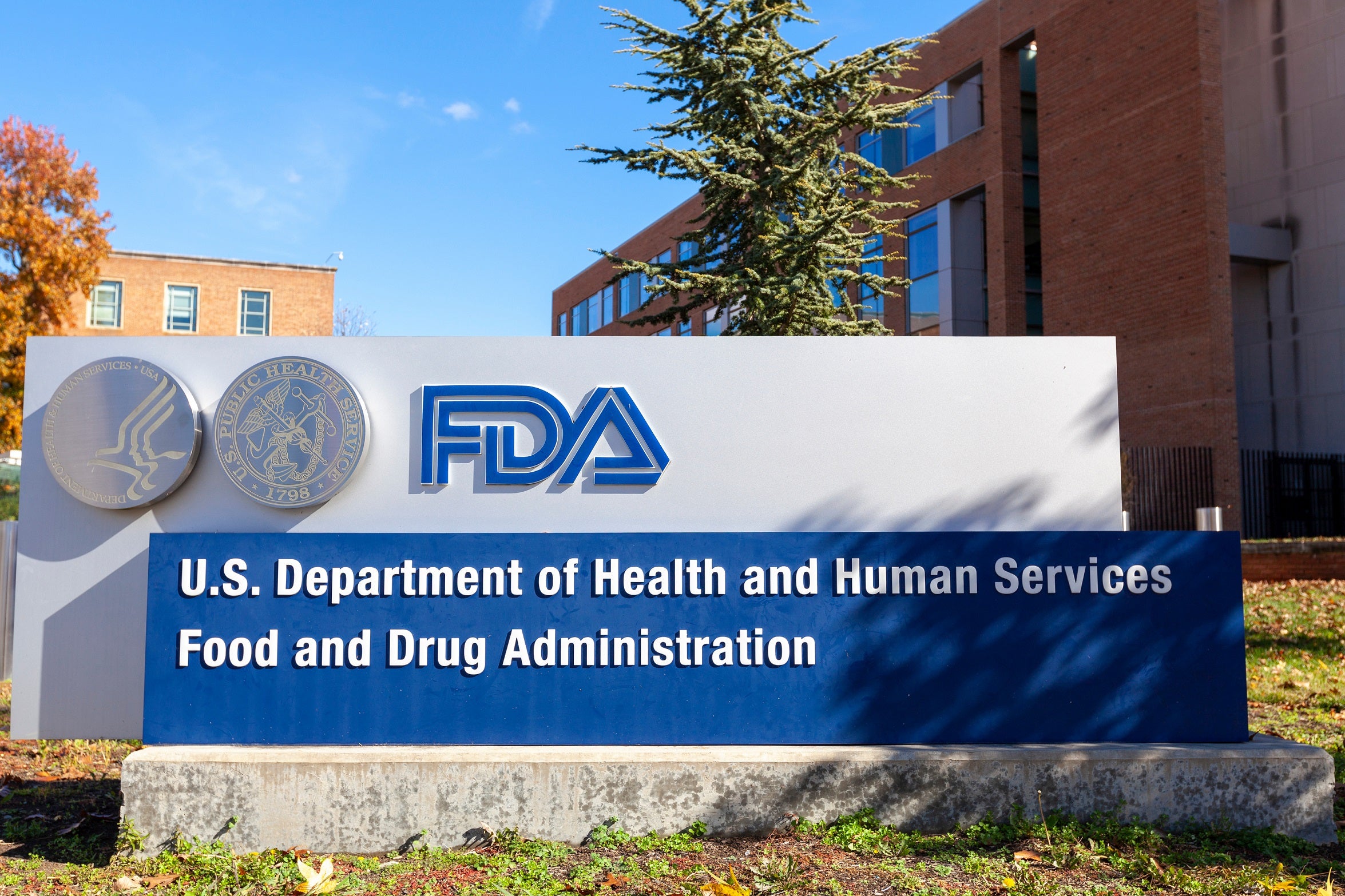
The US Food and Drug Administration has named its first deputy commissioner for human foods who will oversee the restructure of the Human Foods Program.
James Jones will “lead the charge in setting and advancing priorities for a proposed unified Human Foods Program (HFP)” and will be supported by a team of executives, the US regulator said in a statement.
Jones will “work closely with other FDA executives to ensure priorities are appropriately coordinated and advanced”, the authority added.
He will report directly to Robert Califf, the FDA commissioner who was highly criticised for the regulator’s slow response to last year’s infant formula crisis, which was sparked by a recall by Abbott Laboratories due to the suspected presence of salmonella at the baby-food maker’s plant in Sturgis, Michigan.
Shortages ensued as the company shut down the site, prompting emergency government measures to bring in supplies from abroad, including allowing more overseas manufacturers access to the restricted US market.
Califf pledged to make changes to the FDA and the Human Food Program’s structure in February, including the appointment of a deputy commissioner, after he instigated an independent review conducted by the Reagan-Udall Foundation. Califf oversees the entire FDA operation, with Jones now brought in to have clear oversight for food alone.
“Our proposed reorganisation is the largest undertaking of its kind in recent history for our agency. I’m confident that under Jim’s leadership, we will build a stronger organisation that will be integrated with other components of the FDA and focused on keeping the foods we regulate safe and nutritious, while ensuring the agency remains on the cutting edge of the latest advancements in food science and nutrition,” Califf said in the statement announcing the deputy commissioner’s appointment.
Jones will take up his position on 24 September. His career includes 30 years at the Environmental Protection Agency in various positions. The FDA credited Jones as being the “principal architect” of the 2016 overhaul of the Toxic Substances Control Act, along with the regulation of pesticides and commercial chemicals.
In his new role, Jones will “exercise decision-making authority over all HFP entities when the reorganisation is in effect, including related Office of Regulatory Affairs (ORA) activities”, the FDA said.
“He will provide executive leadership over the entire programme as well as over resource allocation, risk-prioritisation strategy, policy, and major response activities involving human foods.”
Meanwhile, the heads of the Center for Food Safety and Applied Nutrition and Office of Food Policy and Response will report to Jones until the HFP reorganisation is completed. Jones himself was a member of the Reagan-Udall Foundation’s panel of experts, who submitted the conclusions in December of an evaluation of the FDA’s processes and made recommendations.
Jones said: “I had the pleasure of serving on the expert panel that provided operational recommendations for the FDA’s foods-related activities, and I now look forward to helping the agency realise its vision for the proposed Human Foods Program, including carrying out important nutrition initiatives to improve the health of our country.
“As a former pesticide regulator, I have a deep understanding of the unique needs of government programmes involved in upholding safety of the US food supply, as well as the important role that the agriculture community and state partners play in this paradigm.”
In February, Califf also pledged to combine its branches of the Center for Food Safety and Applied Nutrition, the Office of Food Policy and Response (OFPR) and certain functions of the ORA. The latter, he said, would undergo structural changes to support the HFP through inspections, lab testing and investigative operations.
In June, the FDA announced some progress. ORA’s “core mission” will now be on conducting investigations, site inspections and assessing food imports against FDA regulations in coordination with the HFP.
Compliance functions overseen by the ORA will now fall under HFP’s remit in order to “streamline operations and expedite decision-making.” Some functions carried out by the Office of Security and Emergency Management would also be transferred to the ORA “to monitor and manage coordinated responses to emergency situations”, the FDA said in June.
